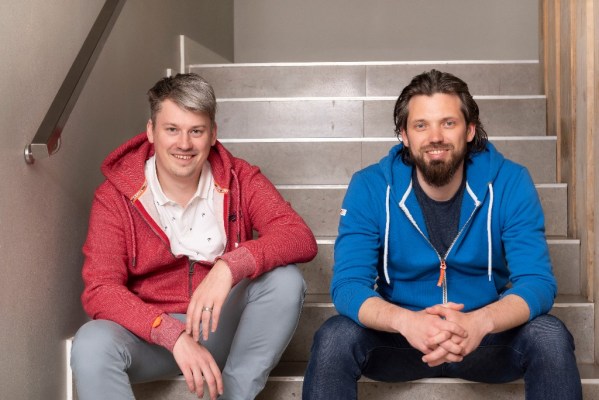
Planet42, a South Africa-based car subscription company that buys used cars from dealerships and rents to customers via a subscription model, has raised $100 million in equity and debt from a wide range of investors.
Naspers, through its early-stage investment vehicle, Naspers Foundry, co-led the $15 million equity round (the SA-based investor also led Planet42’s previous $30 million round in late 2021) alongside ARS Holdings. The equity round welcomed participation from existing and new shareholders, including Rivonia Road Capital; the Los Angeles-based global alternative asset manager provided a $75 million credit facility. Planet42 also received $10 million in debt funding from private investors.
According to the company, the new financing, comprised of equity, credit facility and debt, will rapidly scale its business and provide a million cars globally to people excluded from traditional car financing.
So far, the Estonia-founded mobility startup that offers rent-to-buy car subscriptions has bought over 12,000 cars for its customers in South Africa and Mexico. When co-founder and CEO Eerik Oja spoke to TechCrunch in an interview in December 2021, Planet42 claimed to have distributed more than 7,000 cars to customers in South Africa; according to a statement released by the company, it purchased over 5,000 vehicles in the African country in the last 12 months. Also, the six-year-old mobility startup commenced an expansion drive into Mexico last year and has delivered 250 cars to customers there.
Planet42 says its expansion to Mexico is part of its strategy to address transport inequality on a global scale. Only half the world’s urban population has adequate access to public transportation, according to the UN, and many of those excluded from access to reliable public transport are wage-earning workers in emerging markets who, despite having bank accounts and stable incomes, are unable to get financing from traditional financial institutions to buy vehicles of their own.
In South Africa, 70% of vehicle finance applications get rejected by banks, according to Cars.co.za, Planet42 dealers, which has increased from 700 in 2021 to 1,000 dealerships, report up to 90% rejection rates. Planet42 is one of the few upstarts, including Moove, Autochek and FlexClub, focused on the African market tackling this inequality via different mobility offerings.
For Planet42, it uses proprietary scoring algorithms to assess risk in underbanked customer segments. And with its algorithms, customers can find out what budget suits them and choose new or pre-owned cars from Planet42’s dealerships network. After that, Planet42 buys the car and rents it to the customer on a subscription basis. Planet42 claims that of all the customers served so far, 89% would have had no other means of gaining access to a personal vehicle. Dealers in Planet42’s South African network have reported an average increase in sales of 26% since becoming partners, the company said in a statement.
“Safe and reliable transport is a key driver of social and economic inclusion in emerging economies. It enables people to access opportunities like jobs, education and public services more easily when public transport is often unreliable, painfully slow, unsafe – and usually all those things at once,” Oja, who founded Planet42 with CFO Marten Orgna, said in a statement. “We are here to make transport more accessible and are constantly working on making Planet42’s car subscription offering accessible to people unfairly ignored by banks.”
The company has raised over $150 million in equity and debt from investors such as Naspers, Change Ventures, Startup Wise Guys, Martin Villig (Bolt), Ragnar Sass (Pipedrive), and Andrew Rolfe. It became carbon-neutral certified in 2021. According to Daniel Zinn, the founder and managing partner of Rivonia Road Capital Rolfe, one of Planet42’s newest investors, “Rivonia Road is excited to partner with Planet42 by providing the capital needed to address this market inefficiency and help democratize access to mobility for thousands of underserved consumers around the world.
Credit: Source link


Comments are closed.